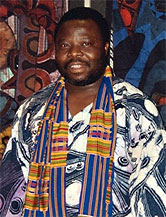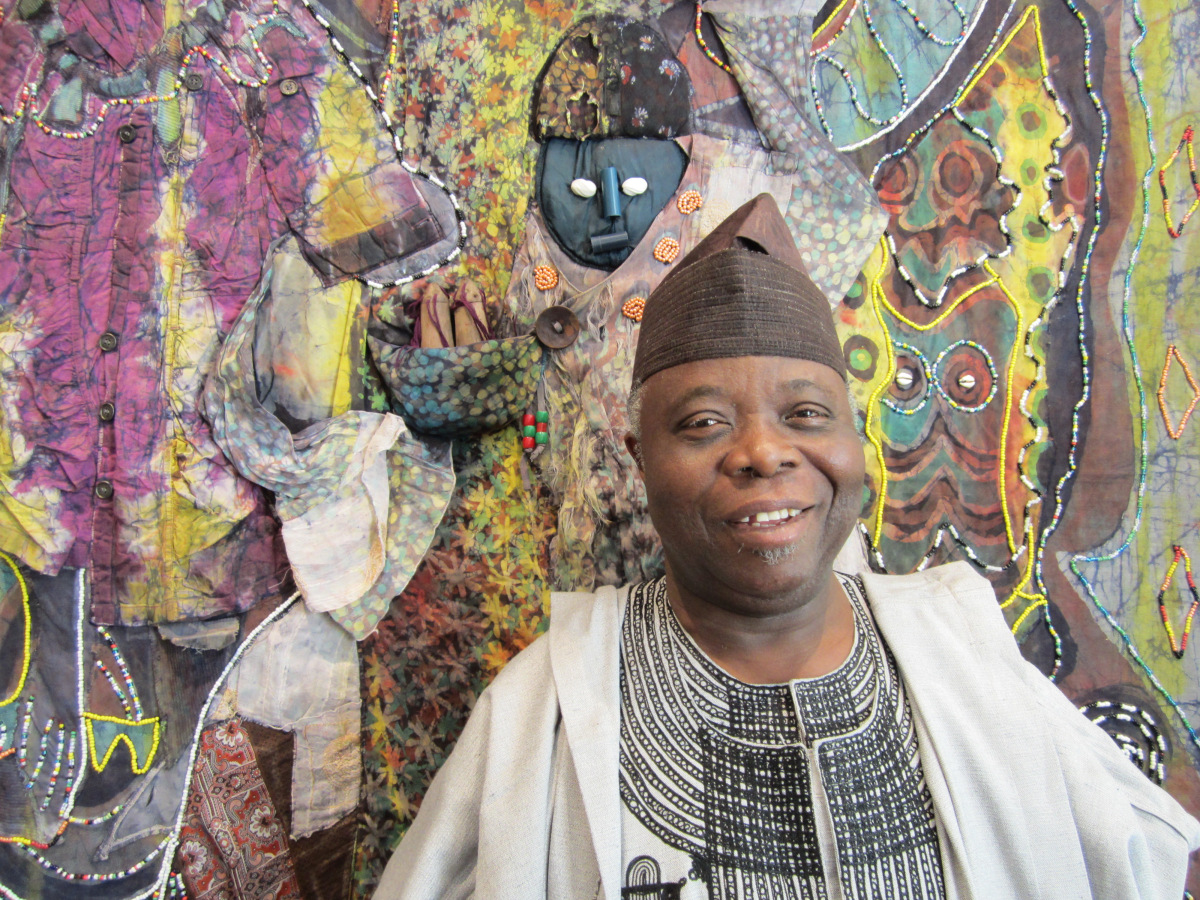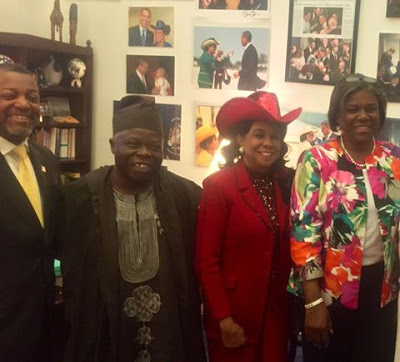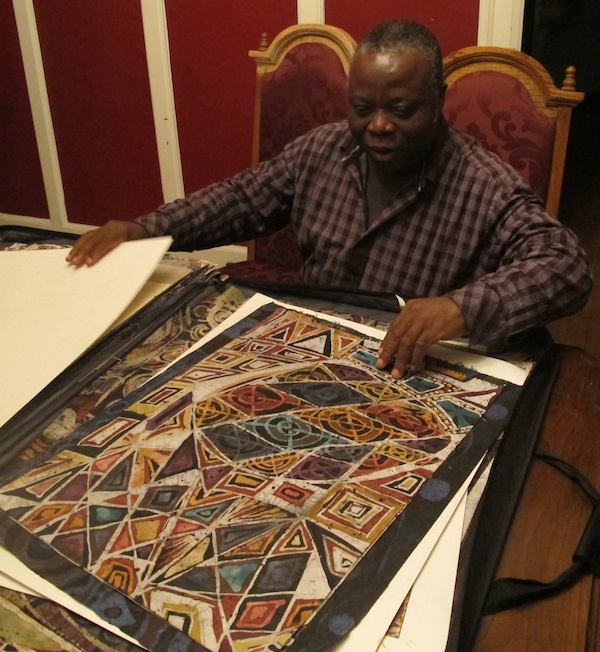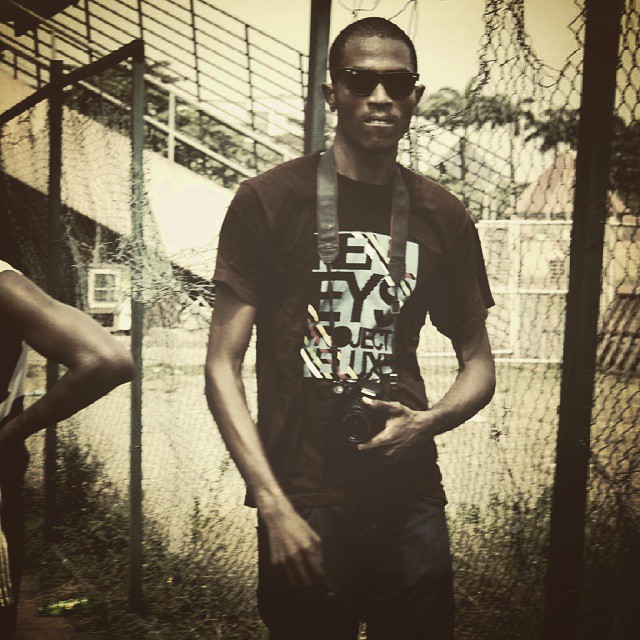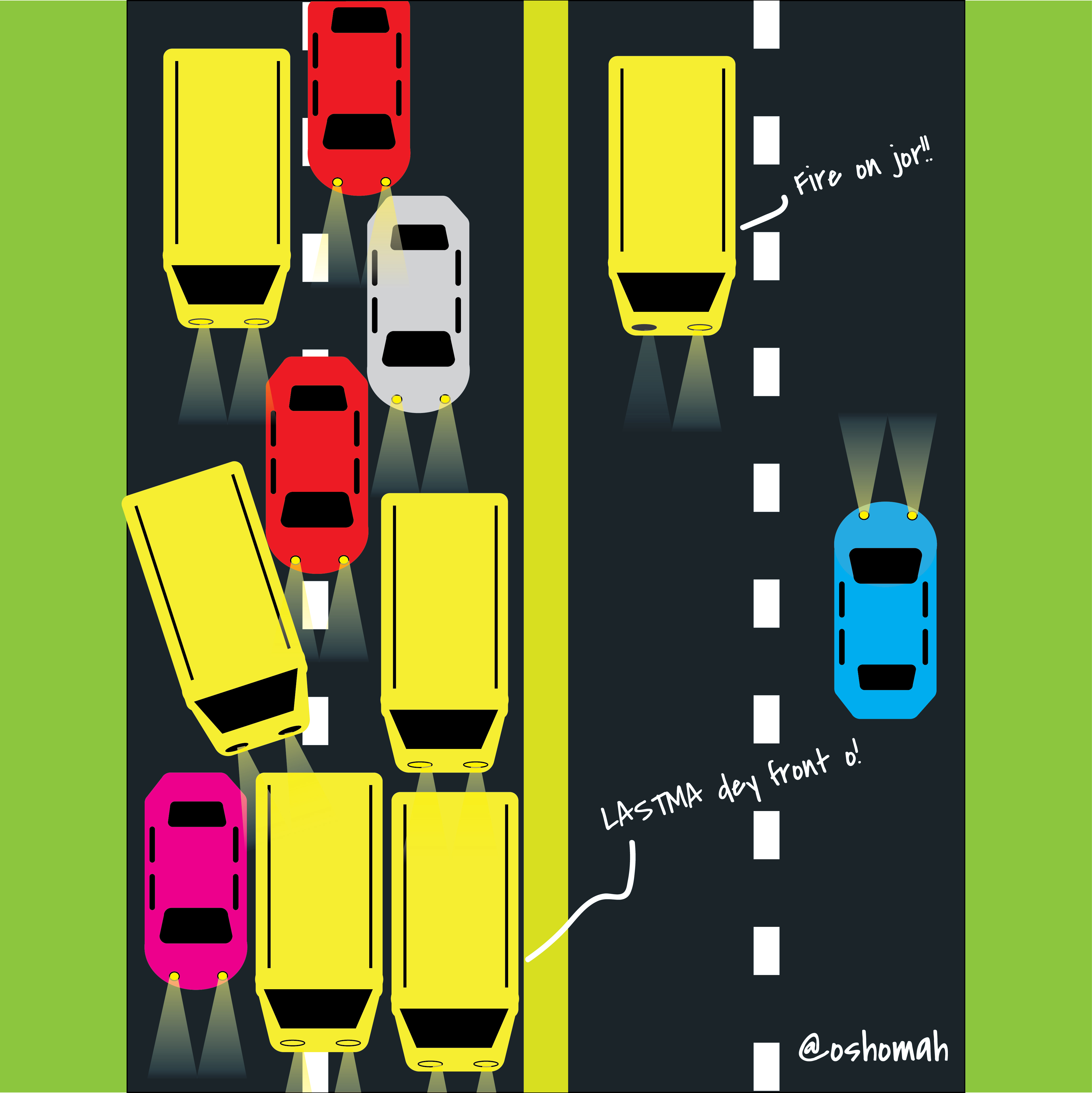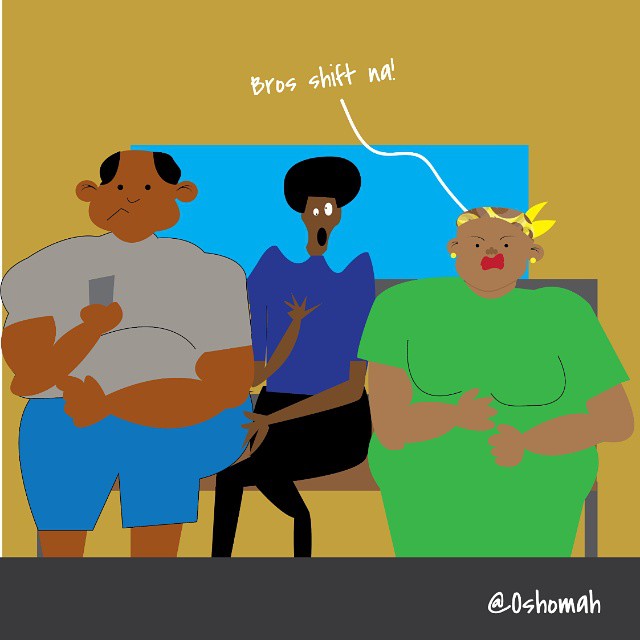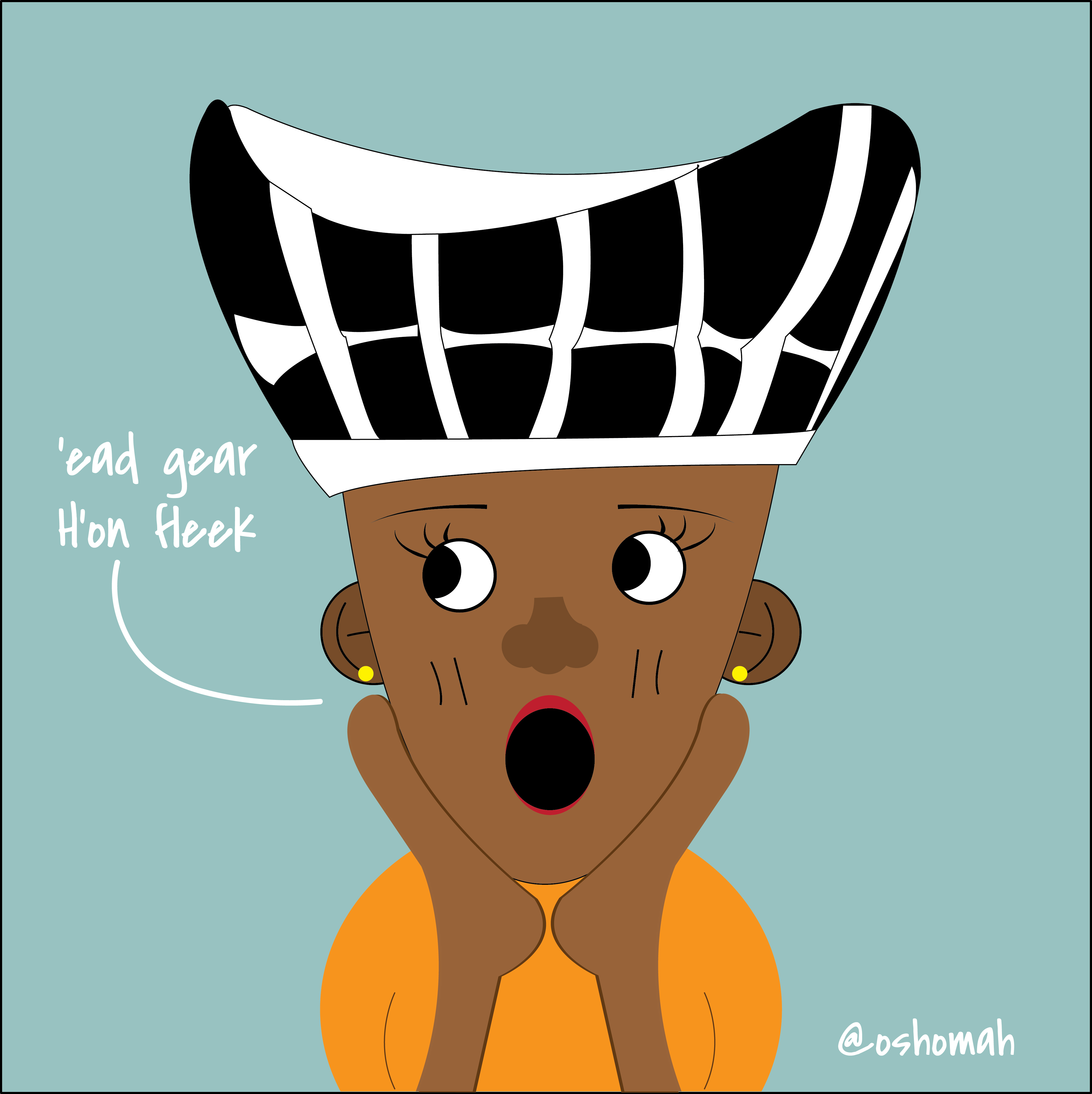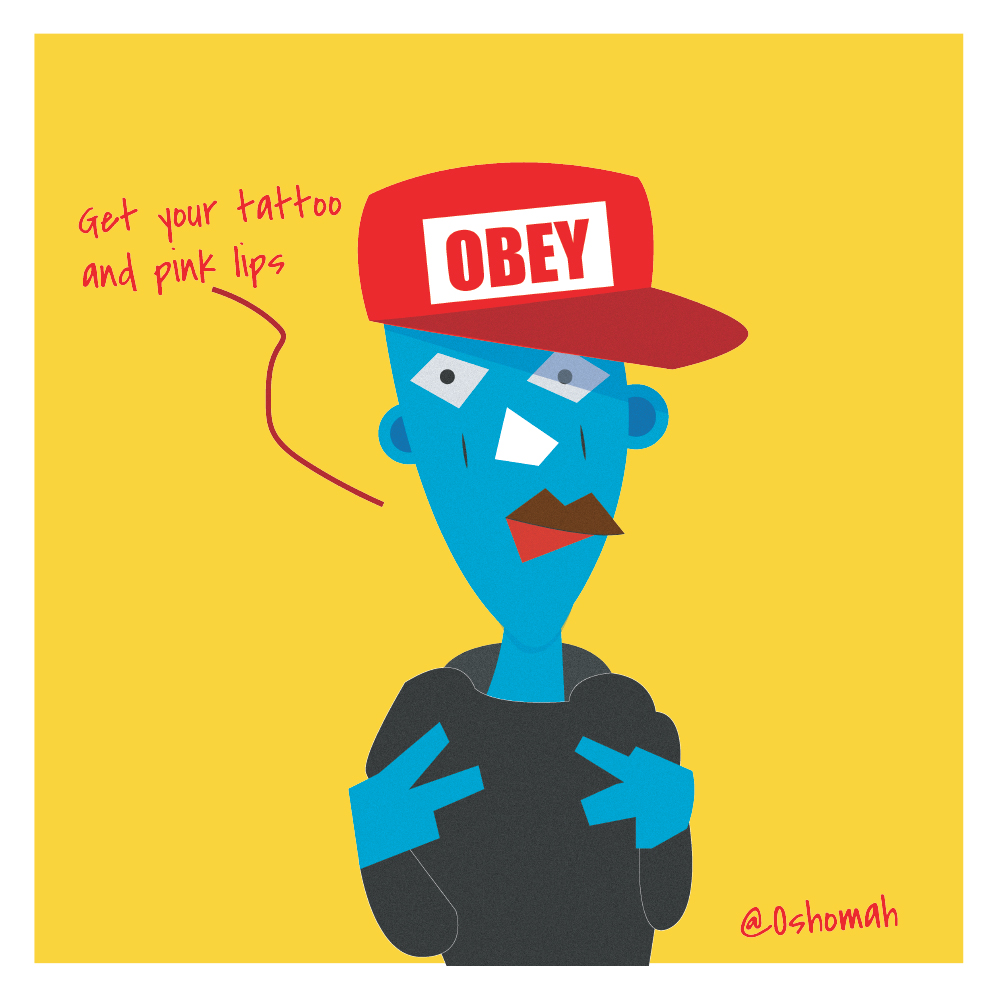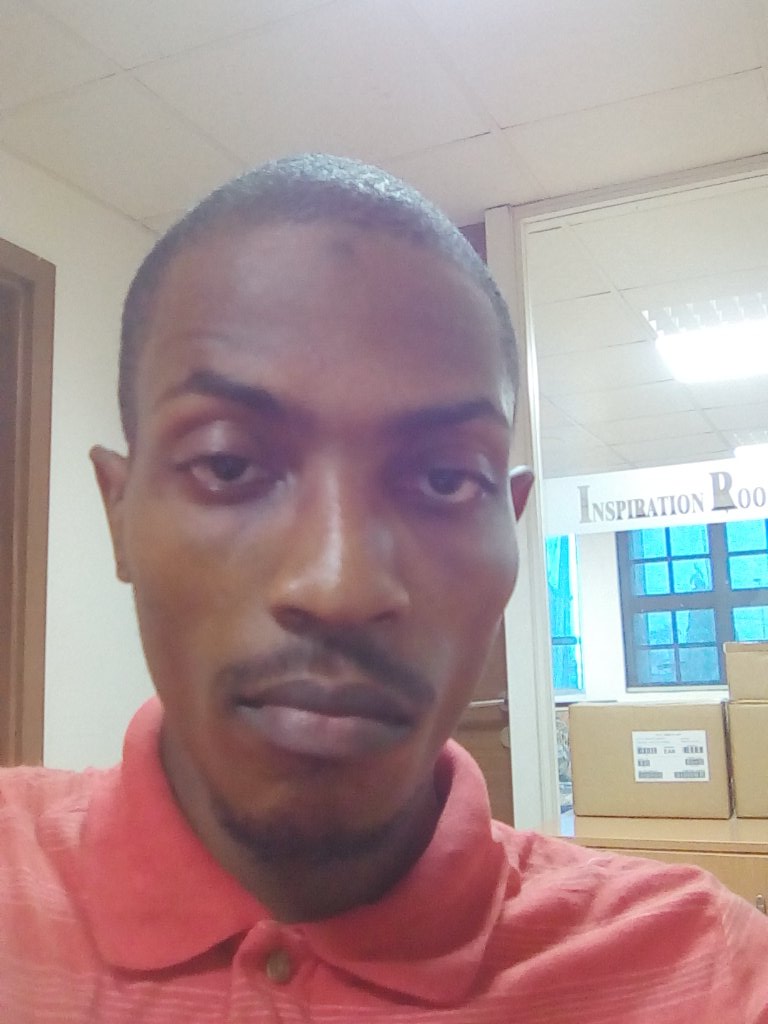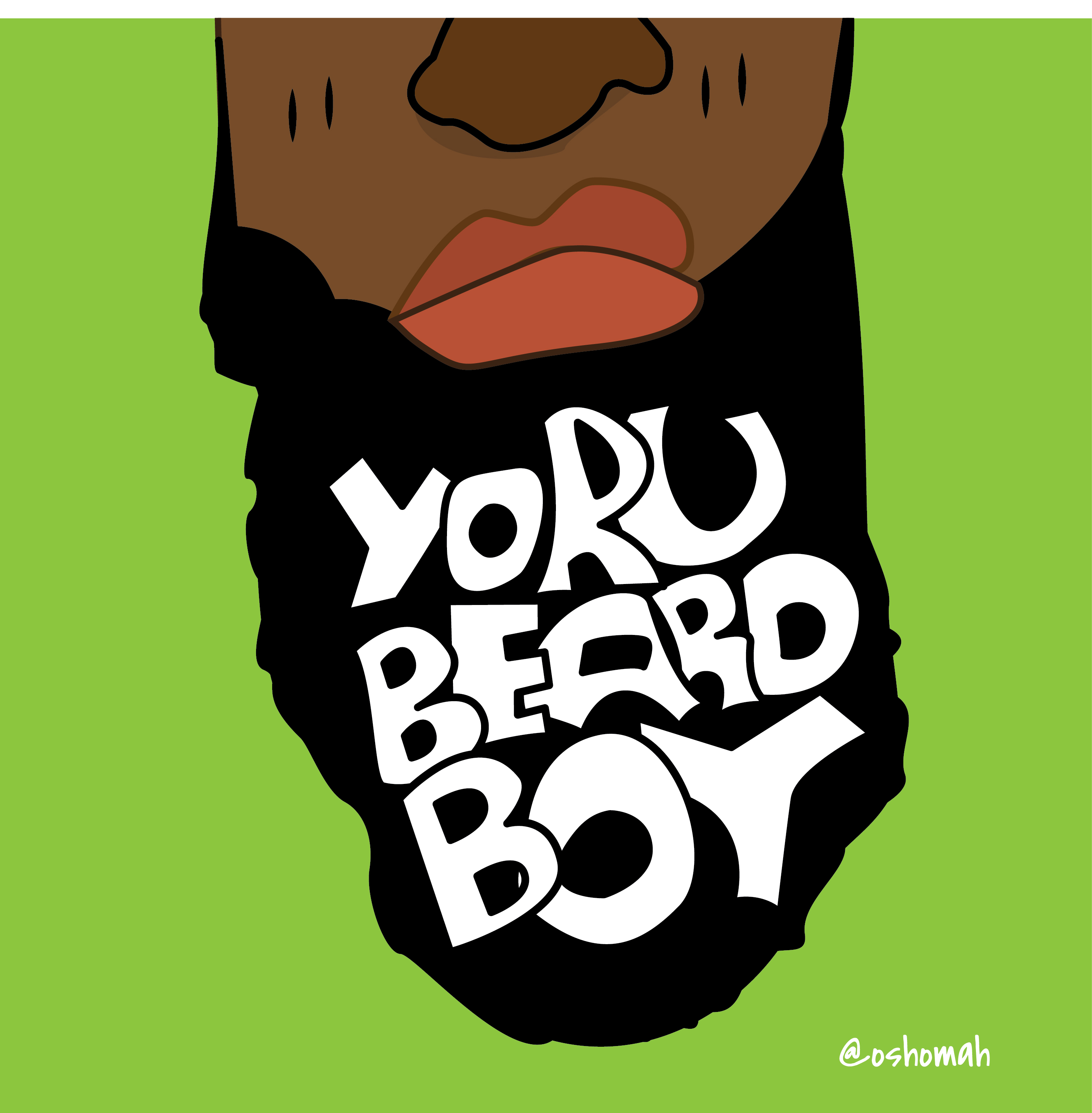On her debut album, “Born in the Wild,” Tems pays tribute to herself and to her previous state of being. “Wild” suggests a Wild Wild West, perhaps an interpretation of Nigeria, rarely a place for dreamers. But Tems made it out. This album is her musings and good time draped in warm guitar strings, energetic summer vibes, hopeless romantic lyrics, and some busy music.
Tems opens the album with the titular folk ballad Born In the Wild. Coming from a place where showing emotions is usually and unfortunately taken for weakness, she peels back on the trauma endured.
Crazy and wild things may happen, but Tems sees them through to the end. On Special Baby (Interlude), her mum encourages her to continue to find succour in the strength of her name, Temilade (the crown is mine). I hear a mother’s prayer manifestation and moral support. You hear a reiteration of the Temilade Interlude from her 2020 EP, “For Broken Ears.”
The actualisation of one’s dreams and the juicy fast life of celebrity birthed one of Biggie Smalls’ most iconic lines, “It was all a dream.” A sentiment Tems shares about fulfilment on Burning. It soon flips into a brood about human inescapable suffering that’s susceptible to all regardless of fame and wealth. She choruses “Guess we are all burning,” interpretable to “Me sef I be human being o” in simpler language. Tems’ at her best here. I guess uncomplicated, ambivalent subject matters can be blissful and sufferable feelings are convertible to ethereal.
The music gets busy on the next three tracks. The bounce is as alive as her confidence on Wickedest. But the Magic System’s 1er Gaou sample fails to magnify the song. Perhaps that’s owed to the jumble recapture of the Makossa spirit and its tale of betrayal and ironies of success for a bouncy, braggart bop.
Her complete reimagining of Seyi Sodimu’s Love Me Jeje follows before Get It Right (featuring Asake) cues in. They’re party-ready. An adventurous Tems invites Asake into the familiar territory of Fuji-Amapiano-pop.
On Ready, Tems continues her search for higher frequency like a fiend relentlessly finds their high. “No fear in my mind, it’s a new story” and “All grass does is grow, don’t you think so?” are her declarations that she won’t hide anymore. In one word, her new story is “fearless”. She’s a bad girl in need of a badass partner — the persona she embodies in Gangsta, which interpolates Diana King’s L-L-Lies. But in Unfortunate, one can learn from Tems that to be gangsta isn’t throwing fits up and down; it’s detaching from situations where other parties can’t be trusted. She congratulates herself for avoiding an unfortunate issue; that’s gangsta enough.
But this gangsta soon surrenders at the helm of love matters. Boy O Boy puts Tems through a scorned love for a despised lover. Forever burns with the same attitude but funkier. It makes juice out of the ex’s desperation. On Free Fall, Tems finds love again. But one can tell it’s just a forlorn hope robbing her heart. J. Cole’s verse, cute though not striking, doubles down that love experiences calm as much storm.
It gets clinical on the next interlude, Voices in My Head, as Tec — Show Dem Camp member and one of Tems’ managers — offers knowledge about experience, truth, love and motivation as tools to move through life.
The celebration continues on Turn Me Up and T-Unit, which puts Tems in her rap bag and gives a specific nod to 50 Cent’s Candy Shop. Me & U plays next and throws Tems in an upbeat soliloquy about finding faith, the god of self and connecting to the higher being. But looking back at when we first heard this as the lead single in October 2023, it’s more comfortable as an album track than the perfect album taster.
The vibe extends to You In My Face, which speaks to her inner child, a song to go to when everything’s falling apart. The album wraps up in optimism with the closing track. Even when the ship batters, the anchor can still hold. That’s the message Hold On holds onto. It’s giving modern-day negro spiritual with hip-hop and calypso twists.
As tone-setting conversations about Tems’ musical style continue, more critics agree that she’s excused herself from Afrobeats for a larger U.S. audience. But this is an effect of sticking every Nigerian contemporary singer to Afropop, a genre, as opposed to Afrobeats, an umbrella for popular music and culture out of Nigeria.
Released a week apart from Ayra Starr’s applauded sophomore release, “Born In the Wild” may be another cautious win for Afrobeats. It’s vintage R&B and neo-soul adorned in an African night of merriment. It’s enjoyable, and so is its mix. Its production, done majorly by Tems and GuiltyBeatz, is endurable. The lyricism is one-dimensional.
Without the snappy production, it sounds more like a genius’s ramblings, hard to listen to. This is nothing more writers in the room can’t solve. Due to its non-conformity to the Nigerian mainstream sound, the music is understandably unfamiliar — a dilemma homegrown listeners may struggle with. It sounds like a Siamese twin EPs, yoked by Tems’ high-pitched soprano. It can do without some tracks.
Is “Born in the Wild” a flawless album?
A flawless album is loosely defined as a body of work of a captivating and geographic cocktail of shape-shifting songs. By this definition, the answer to Tems’ preoccupation about her debut is in the affirmative: No, it’s not a flawless album. But perfection is subject to different ears.
If this is Tems’ music aftermath coming on top of personal woes, it’s an acceptable offering. She made it through the wild, and this is her post-trauma self-celebration.









